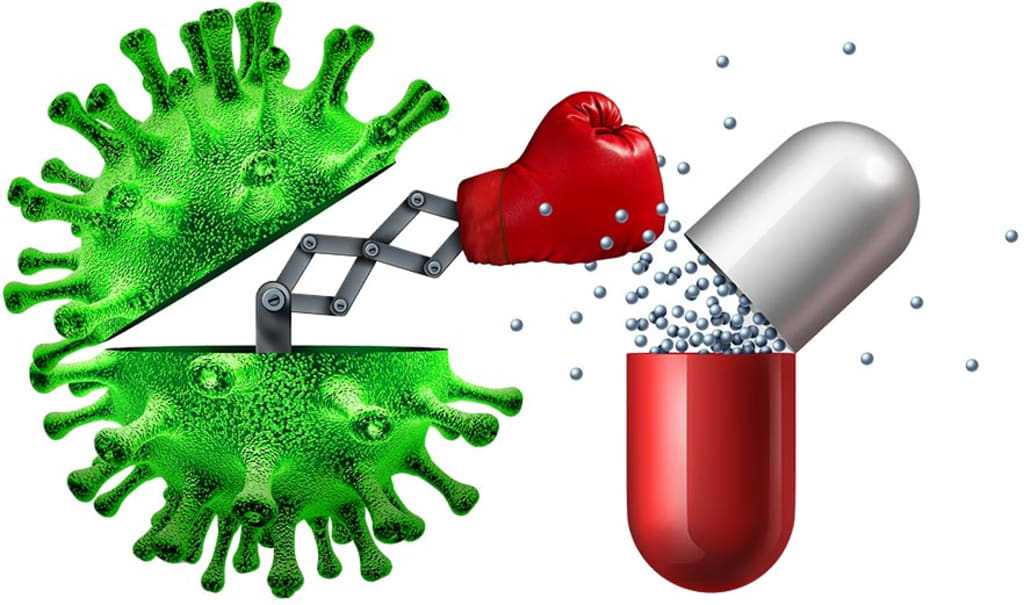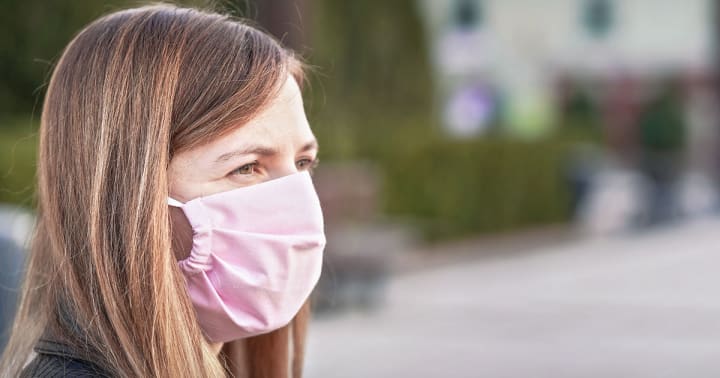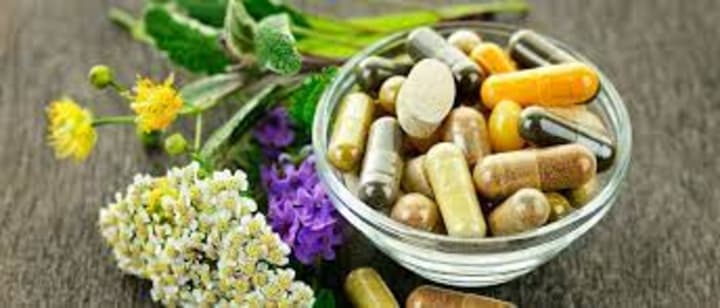Fighting Antibiotic-Resistant Diseases
By Using Antibiotics Properly

Monday starts US Antibiotic Awareness Week. An annual observance to raise awareness of diseases that are too strong for antibiotics and how to distribute them properly so they can prevent them. Antibiotic-resistant diseases affect 2 million people a year, killing 23,000 of them. This costs the healthcare industry 4.6 billion dollars. Antibiotics are a critical tool for saving lives when used appropriately. Antibiotics only work against certain types of bacterial infections. They work fast and their benefits outweigh the risks. Here are some ways to make sure antibiotics are used correctly to prevent an Antibiotic-Resistance disease from forming.
Do You Need It?

Up to 50% of antibiotics prescribed are not prescribed appropriately, or not needed at all. Doctors will often prescribe them just to get you out of their office, even if they know it would be ineffective. Trust your doctor when they say you don’t need it. They have been in school longer than Google has been alive. Sinus and ear infections can be resolved without them. A persistent cough and other respiratory infections will as well. They will not work against viruses that cause colds, bronchitis, and runny noses that produce thick yellow or green mucus. Some antibiotics can attack the good bacteria in the gut by mistake, leading to the development of subsequent resistant infections.
Follow The Instructions

If you were given an antibiotic, you must follow all the directions your doctor has given you. If you have to take it at a set time, set an alarm on your phone. Taking it with food can accelerate the absorption of it, healing you faster. Take all of it, even if you start feeling better. If you don’t, the disease will come back with immunity to that antibiotic. Use it all, or not at all. If you have questions about it, consult your doctor as they are writing it or the pharmacist when picking it up. If you experience any nasty side effects, like diarrhea, call your doctor back as soon as possible, as this could be a sign that something worse is happening.
Avoiding Illnesses

Infections that need antibiotics often weaken the immune system, leading to more serious illnesses. The best way to get the full effect of your antibiotic is to avoid other sicknesses. Clean your hands with clean, warm water and mild soap to the tune of “Happy Birthday” while scrubbing the front and back of your hands and under your fingernails. If unavailable, use a hand sanitizer that has a 60% or more alcohol content. Cover your mouth and nose when you sneeze or cough with a tissue or the crook of your elbow. Wear a medical grade N95 mask while out in public, or just stay home. Stay current on your vaccinations to prevent viral infections that could render your antibiotic useless.
Antibiotics In Animals

Factory farms rely heavily on antibiotics to accelerate growth and prevent bacterial infections. 80% of all antibiotics prescribed are to factory farm animals because of overcrowded living conditions. According to the World Health Organization (WHO), this is the leading cause of Antibiotic-Resistant infections. This is why it prompted them to call it one of the biggest threats to global health and food security. The FDA is putting in regulations to pressure these farms to limit the use of antibiotics, focusing on eliminating them entirely. They would like them to be used only when medically necessary. They passed laws to prevent overcrowding to reduce their needs to begin with.
Natural Remedies

There are ways to cure your infections without using antibiotics if you wish. Certain natural substances have been known to have antimicrobial properties. Garlic has been scientifically proven to treat many types of bacterial diseases. Honey has similar healing properties to Neosporin and can be used as an antibiotic ointment for wounds. Ginger can treat seasickness and nausea. Echinacea can cure Streptococcus pyogenes (S. pyogenes) which is linked to Strep Throat, Toxic Shock Syndrome, and Necrotizing Fasciitis (flesh-eating disease). Goldenseal is used to prevent MRSA (a type of staph infection), respiratory and digestive problems, UTIs, and skin infections.
To learn more about Antibiotic-Resistance visit https://www.cdc.gov/drugresistance/index.html
About the Creator
M.L. Lewis
Welcome to my little slice of pie. This blog will primarily focus on prepping and homesteading skills with a sprinkle of fiction every now and then.






Comments
There are no comments for this story
Be the first to respond and start the conversation.